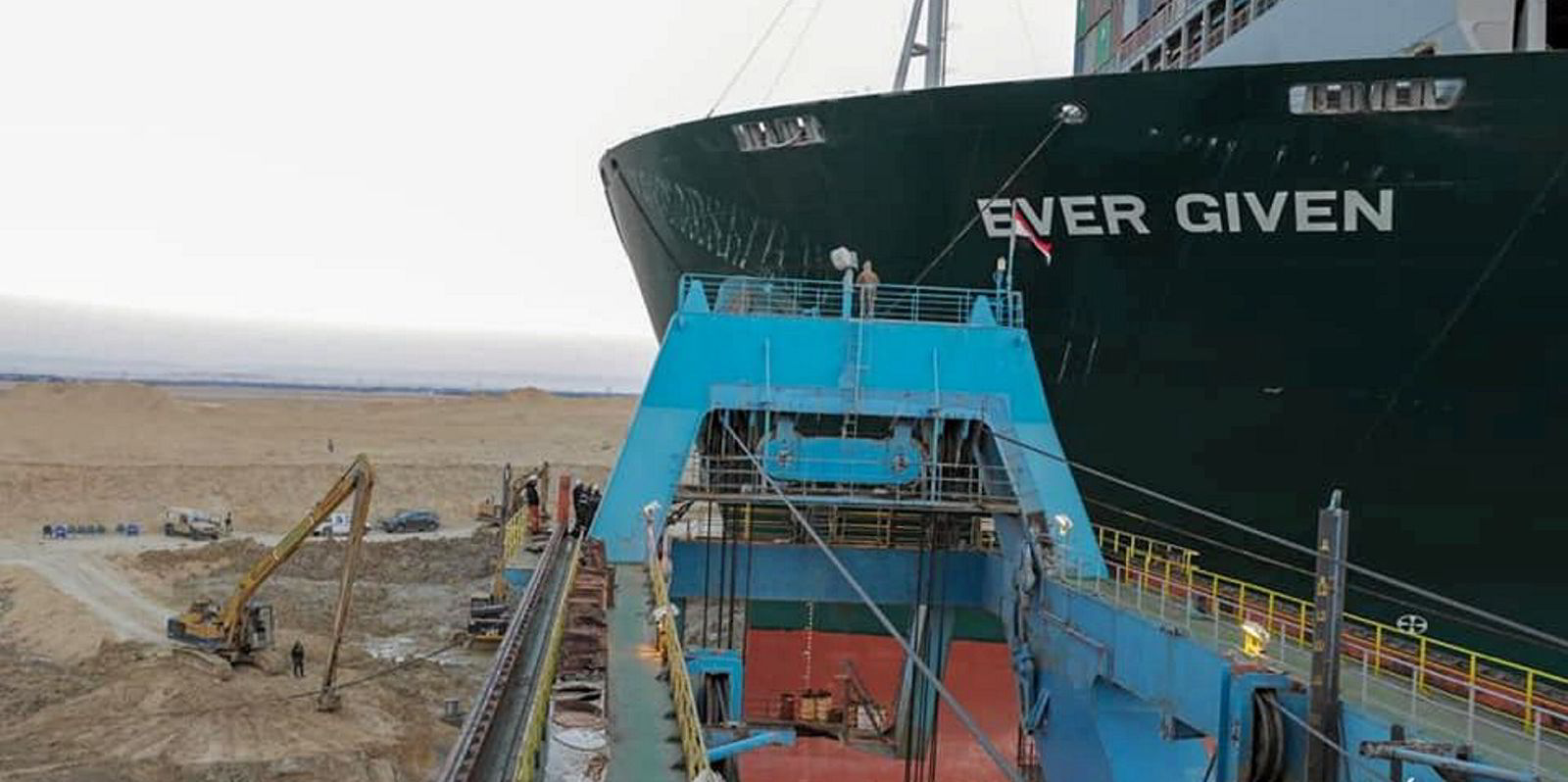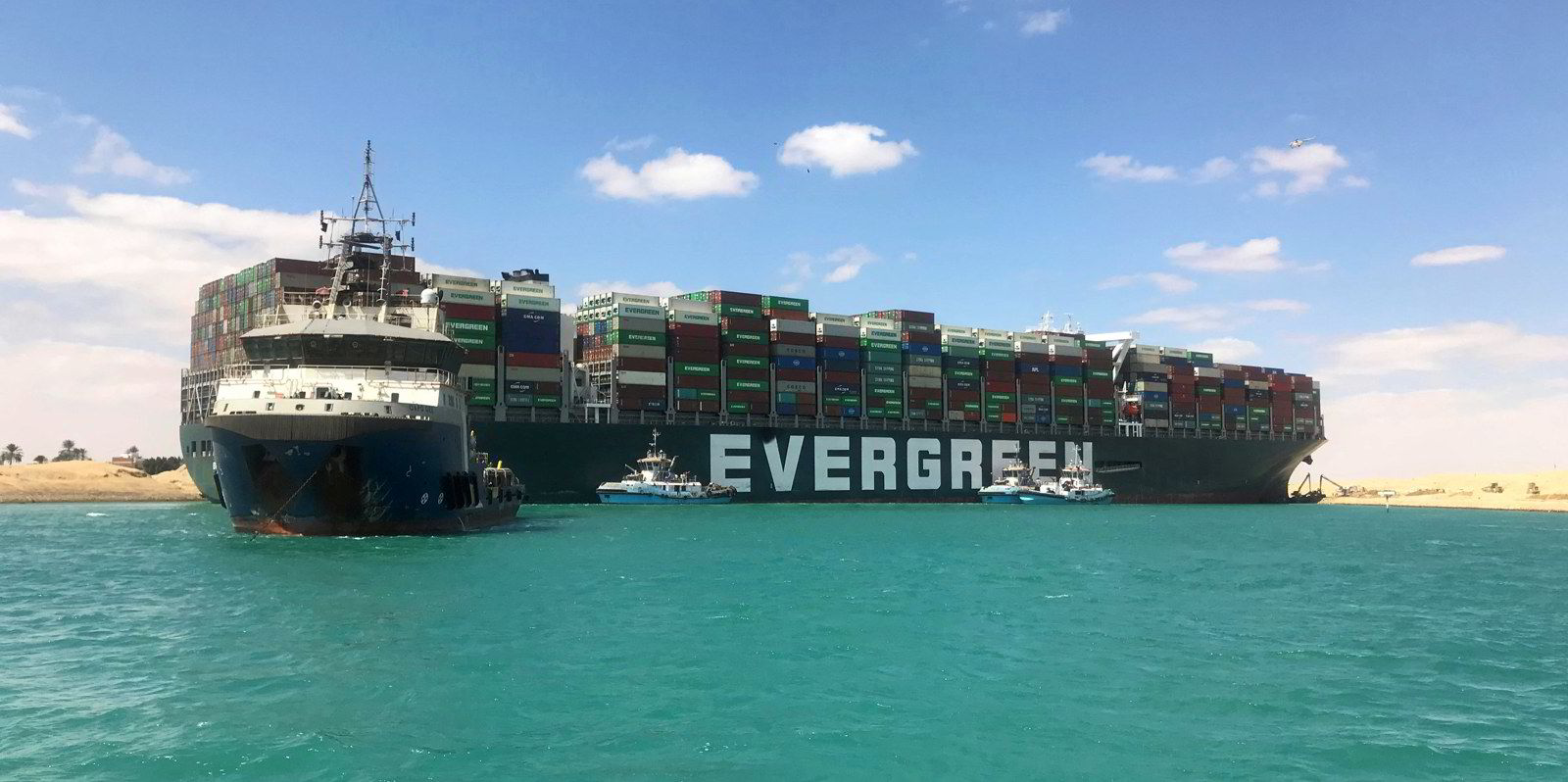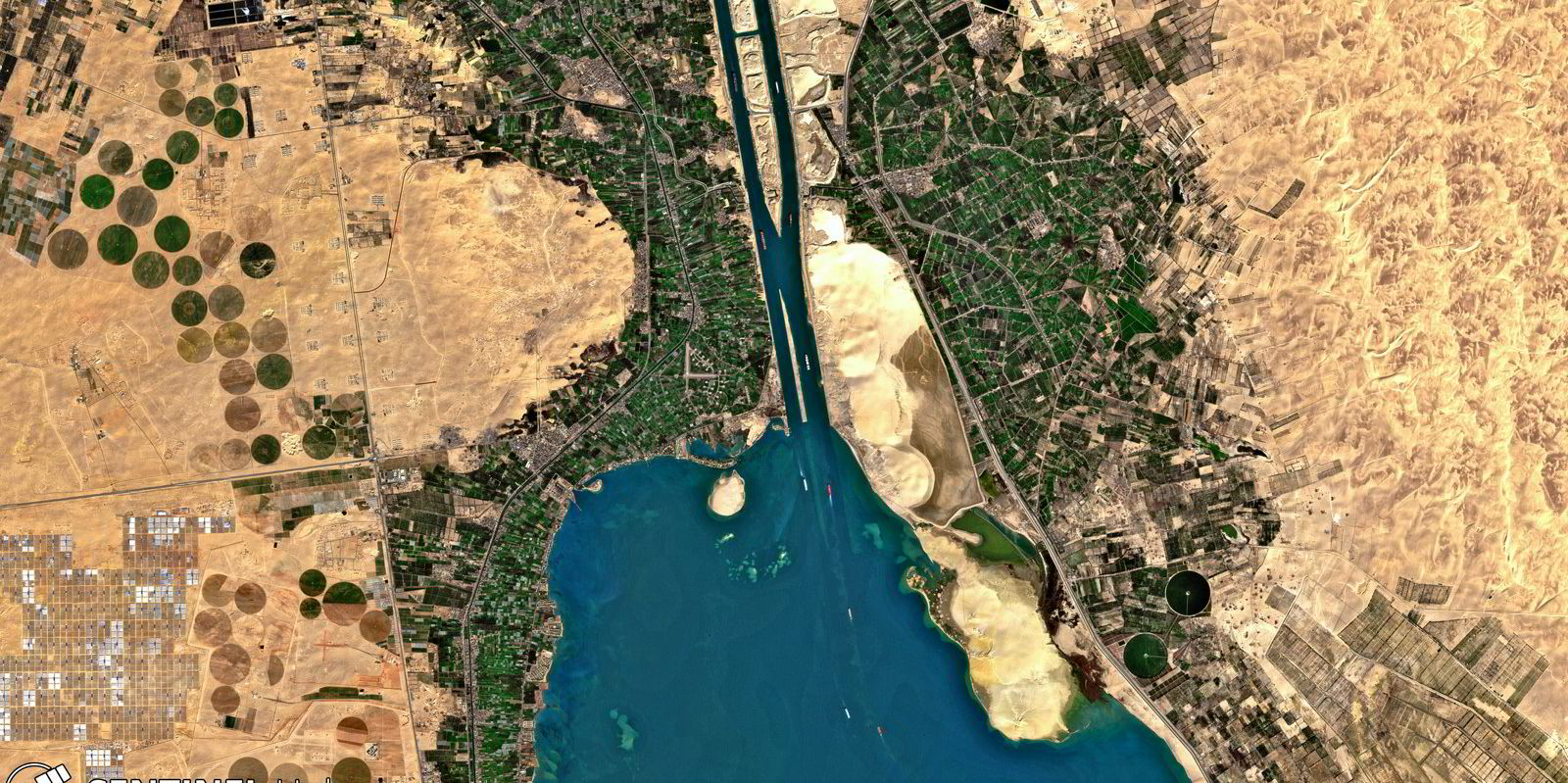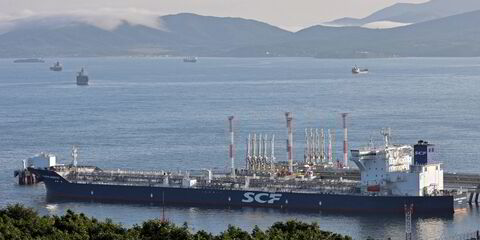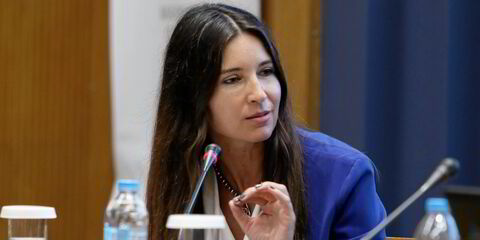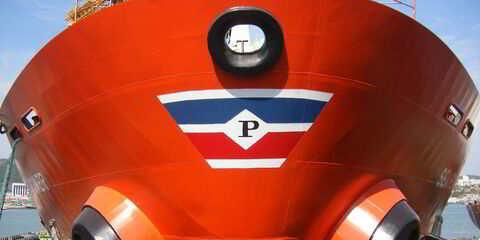Marine insurance broker Marsh has warned that climate change is critically impacting the Suez Canal and runs the risk of repeating the Ever Given casualty which dramatically halted global supply chains.
A study by Marsh, with climate risk analysis provider XDI, indicates rising temperatures are leading to an increase in the desert storms that caused the 20,388-teu Ever Given (built 2018) to ground in May 2001.
“Hot windstorms known as ‘Khamsin’, have already played a role in the grounding of Ever Given, and with increased desertification and drought, an increase in the intensity and frequency of sandstorms and dust storms is likely,” Marsh said in its report ‘High Seas: Enabling a Climate Resilient Suez Canal.’
The broker said temperatures are now 1 degree hotter in Egypt than they were 100 years ago, and the changing conditions could bring a repeat of the famous grounding which caused $60bn of trade disruption.
“If climate change is not tackled sufficiently, the possibility of increased frequency or severity of similar events may need to be considered,” Marsh said.
The report highlights how Egypt’s coastline and the Nile Delta are vulnerable to rising sea levels which could lead to inundation or flooding, and impact port operations.
The study estimates that the Suez Canal Container Port in northern Egypt could see its risk to climate perils double between 2020 and 2100 in which time sea levels are expected to rise by 1 metre.
Port Said, Port Tawfiq and Port Faud will also be affected.
Wider issue
The issues caused by rising sea levels are not limited to Suez Canal ports, others around the world will also be affected.
“The high likelihood of coastal inundation risk to Port Said and the Suez Canal Container Port is reflective of a wider issue. Global projections of inundation on seaports by the IPCC, estimated an 80% rise in the number of ports exposed to inundation of greater than 1 meter between 2030 and 2080,” Marsh said.
Marsh has highlighted a number of waterways that are critical to world trade and at risk from climate change. including the Panama Canal, the Straits of Hormuz, the Bab-el-Mandeb, and the Straits of Malacca.
Nick Faull, head of climate and sustainability risk at Marsh said: “Climate-related events, such as the high winds that played a role in the grounding of Ever Given in 2021, could impair their long-term viability.”
Marsh is recommending investment needs to take place to make the Suez Canal more resilient to climate change.
It is calling for finance mechanisms — including insurance-backed public-private schemes — to be put in place to help with the development. It said the investment needs to be done with the help of the UN Principles for Disaster Resilient Infrastructure.(Copyright)
